Durvalumab Plus BCG Boosts Outcomes in Early-Stage Bladder Cancer
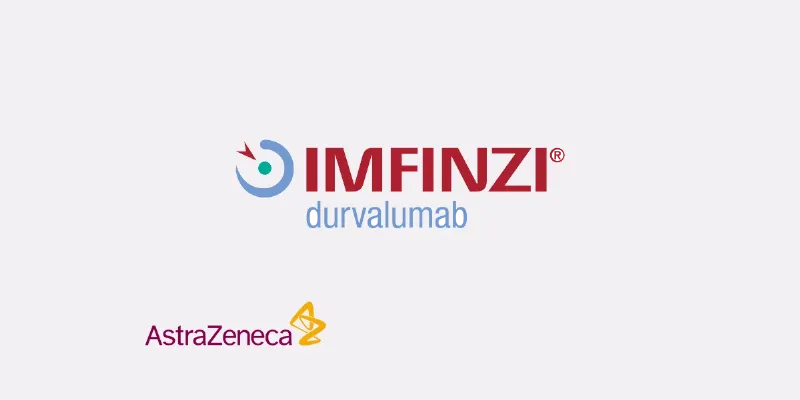
Phase III POTOMAC trial showed that adding Durvalumab (Imfinzi) to BCG induction and maintenance therapy significantly improved disease-free survival in high-risk non-muscle-invasive bladder cancer. Over 1,000 patients were studied; the combo delayed recurrence and progression without new safety concerns. These results could shift early-stage bladder cancer treatment.
For decades, the treatment landscape for early-stage bladder cancer has remained relatively static, with Bacillus Calmette-Guérin (BCG) immunotherapy standing as the gold standard. But new data from AstraZeneca’s POTOMAC Phase III trial suggest that Durvalumab, when added to BCG induction and maintenance therapy, significantly improves disease-free survival (DFS) in patients with high-risk non-muscle-invasive bladder cancer. The combination proved particularly effective in delaying disease recurrence or progression over a one-year treatment period, signaling a potential shift in standard care.
“These exciting data show that adding one year of durvalumab to the current standard treatment significantly extends the time patients live without high-risk disease recurrence or progression,” said Dr. Maria De Santis, Head of Interdisciplinary Uro-Oncology at Charité Universitätsmedizin Berlin and a principal investigator in the trial. While most patients with non-muscle invasive bladder cancer are treated with curative intent, 80% see their disease return and almost half may require life-altering surgery to remove the bladder, underscoring the urgent need to improve treatment."
The POTOMAC trial enrolled 1,018 BCG-naïve patients with high-risk NMIBC across more than 120 centers globally. All patients underwent tumor resection prior to randomization and were assigned to one of three arms:
- durvalumab+ BCG induction and maintenance therapy
- durvalumab + BCG induction-only
- standard BCG induction and maintenance (control group)
While both experimental arms included durvalumab, only the combination with full BCG maintenance met the DFS endpoint. The induction-only regimen did not demonstrate statistical superiority to BCG alone.
Durvalumab, a PD-L1 immune checkpoint inhibitor, works by blocking the interaction between PD-L1 and immune-inhibitory proteins PD-1 and CD80, thereby lifting the brakes on the immune system’s response to cancer. Already a staple in the treatment of muscle-invasive bladder cancer (MIBC) and several other solid tumors, durvalumab’s application in early-stage bladder cancer marks a bold extension of its therapeutic reach.
Cristian Massacesi, Chief Medical Officer and Oncology Chief Development Officer, AstraZeneca, said: “The positive results for Imfinzi in the POTOMAC trial represent a significant advance that will potentially allow more patients with early-stage bladder cancer to benefit from this important immunotherapy. Building on the NIAGARA data, this outcome demonstrates our strategy of bringing novel therapies to patients with early-stage disease where there is the greatest potential for long-term benefit.”
Safety and Tolerability: A Smooth Fit
The combination was well tolerated, with no unexpected safety signals and no compromise in patients’ ability to complete the full course of BCG.
The findings build on a growing body of evidence supporting the role of checkpoint inhibitors in bladder cancer across its continuum. Imfinzi’s track record already spans muscle-invasive, metastatic, and now non-muscle-invasive disease settings.
About Bladder Cancer
Bladder cancer is the 10th most common cancer worldwide, and over 70% of cases are diagnosed at the NMIBC stage, where the tumor has not yet penetrated the muscular wall of the bladder. Still, roughly half of these patients are categorized as high-risk, due to aggressive tumor features and a higher likelihood of progression. For this subset, the standard of care—transurethral resection followed by BCG—offers only limited long-term protection.





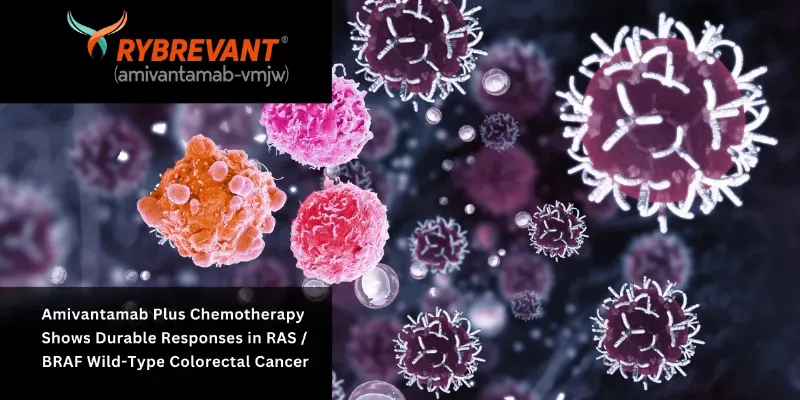
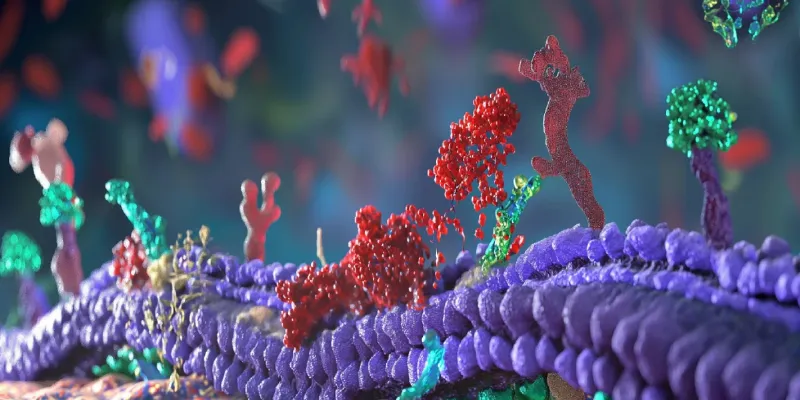
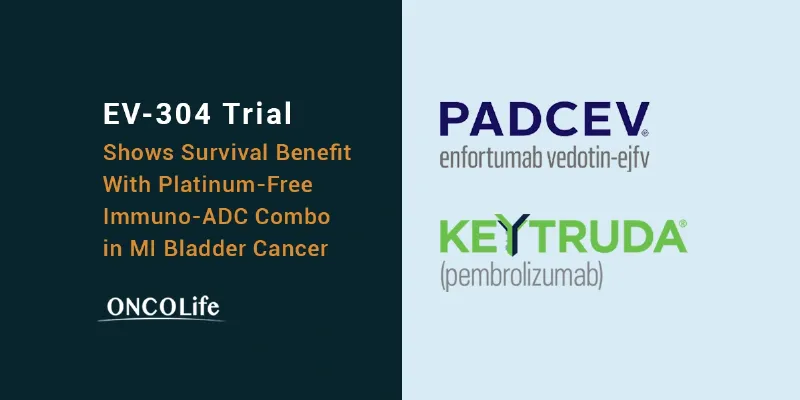
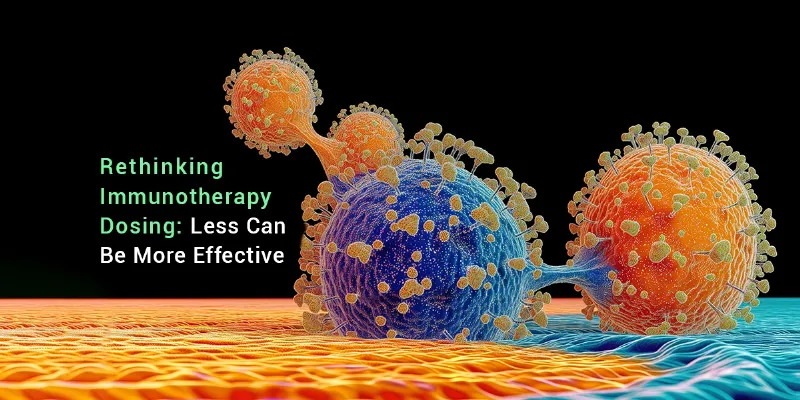
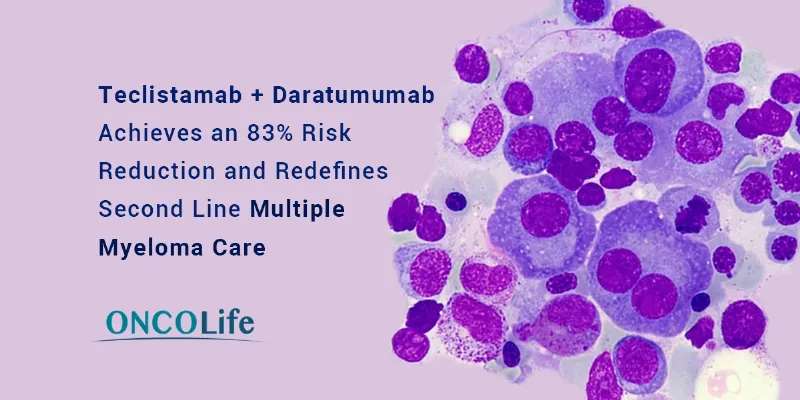
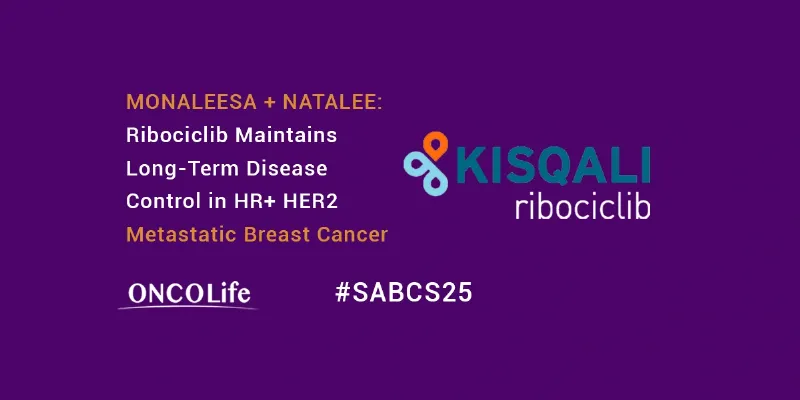
Comments
No Comments Yet!